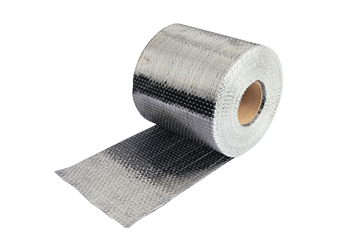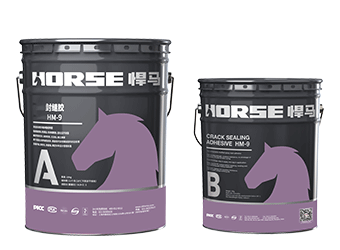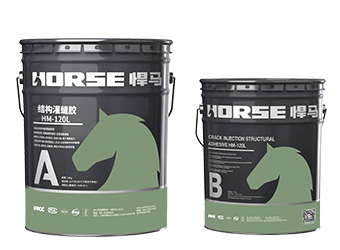Solutions
Horse Construction offers full range of structural strengthening materials with technical supports, documentation supports, products supports, project supports.
We must first know the cause of the concrete crack before repair. If the cracks caused by insufficient bearing capacity should be repaired by corresponding methods, then choose appropriate reinforcement methods to retrofitting.
Before repairing concrete crack, we must first know the cause of the concrete crack. If the cracks caused by insufficient bearing capacity should be repaired by corresponding methods, we should choose appropriate reinforcement methods to retrofitting.

1 static crack
A crack in which the shape, size and quantity are stable no longer. When repairing, only the repair material and method should be chosen according to the thickness of the crack, but it has nothing to do with other factors.
2 active crack
It means that the width of the structure is not stable, and it is easy to crack with the tension, deformation of the structural members or the change of the temperature and humidity of the environment. When repairing, it should first eliminate the cause of its formation, and observe it for a period of time. After confirming that it has been stabilized, it will be repaired by static crack treatment. If we can't completely eliminate its cause, we should use enough flexible material to repair it.
3 cracks in development
A crack in which the length, width, or quantity is still in development but will be terminated after a period of time. This kind of crack should be repaired or strengthened after the crack should be stopped.
1 surface repair method (or FRP strengthening method)
The use of concrete surface micro cracks (independent of crack width less than 0.2mm) capillary net crack absorption repair glue, closed fracture channel. For the floor and other parts that need to be impervious, fiber composite materials should be attached to the surface of the concrete to enhance the sealing effect.
2 low pressure slow injection repair (injection)
The repair glue is injected into the fracture cavity with a certain pressure. This method is suitable for dealing with 0.2<, <1.5mm static fracture, perforation cracks and honeycomb partial defects.
3 pressure grouting method
Within a certain period of time, the grouting material is pressed into the fracture cavity with higher pressure (determined by grouting product instructions). This method is suitable for dealing with large structural penetrative cracks, large cellular concrete honeycomb defects and deep and winding cracks.
4 filling seal method
On the component surface along the crack to straddle cut U or V shaped groove, and then filled with modified epoxy resin or elastic caulking material necessary to fiber composite closed surface; this method is suitable for processing >0.5mm activities and static crack crack.
You can find anything here you are in need of, have a trust trying on these products, you will find the big difference after that.

High strength, unidirectional carbon fiber wrap pre-saturated to form a carbon fiber reinforced polymer (CFRP) wrap used to strengthen structural concrete elements.

High strength crack sealing repairing adhesive for the fracture surface of concrete crack

Very strong penetration and low viscosity epoxy crack injection adhesive for repairing concrete crack